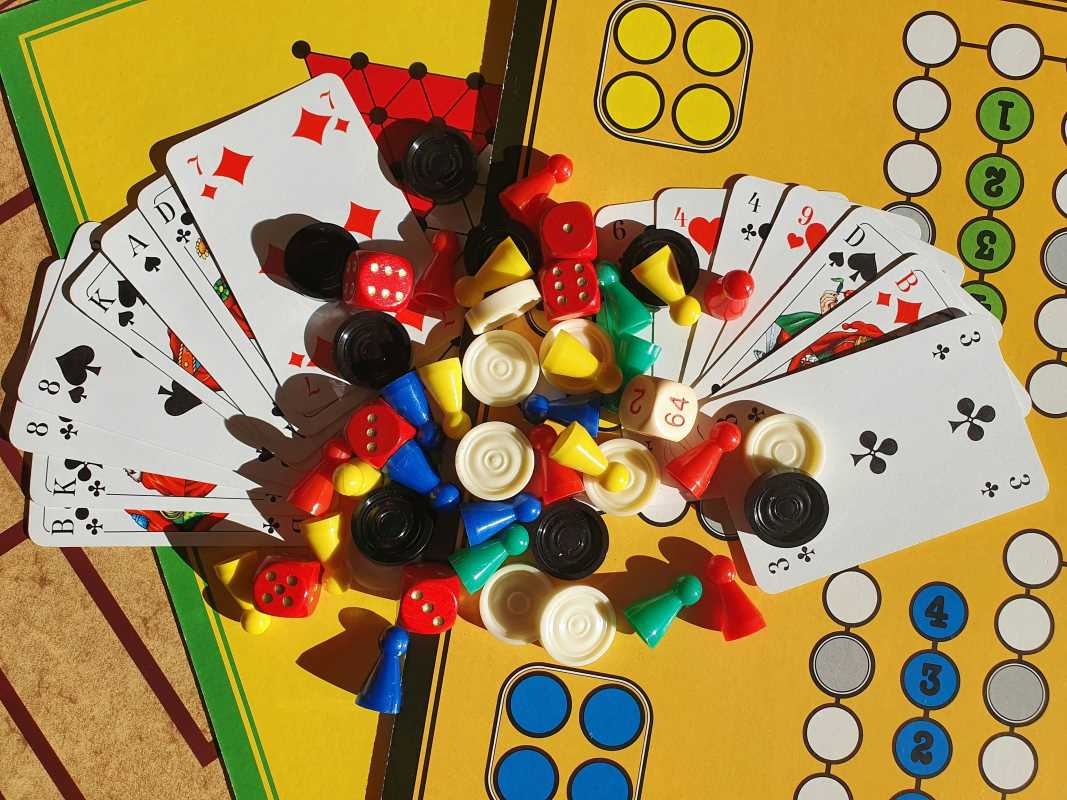Balancing after-school activities can feel like juggling flaming torches. One moment, you’re signing up for piano lessons, and the next, you’re scrambling to fit soccer practice, tutoring, and some version of dinner with the family into your schedule. While keeping kids busy and engaged is important, overloading their (and your) calendar can lead to burnout, stress, and a lot of crankiness. Whether you’re a student trying to balance your own activities or a parent managing it all, finding that sweet spot between being active and staying sane is essential.
This guide will walk you through how to manage after-school activities without turning life into a chaotic mess. From picking the right pursuits to building a realistic schedule, we’ll even sprinkle in some activity recommendations—including the underrated yet rewarding sport of archery. By the end, you’ll feel more confident about tackling your schedule and still finding time to breathe.
Before we get into the nuts and bolts of scheduling, it’s important to understand why after-school activities are so valuable. These activities aren’t just about staying busy or padding a college résumé. They help kids (and adults) grow in ways that go beyond academics:
- Skill Development: Activities like playing an instrument, coding, or mastering a sport help develop specialized talents and boost confidence.
- Social Connections: Clubs and teams provide opportunities to make friends, work together, and learn collaboration skills.
- Healthy Habits: Regular physical activity, whether it’s dance, swimming, or something mellow like yoga, keeps your body and mind healthy.
- Stress Relief: Getting away from homework and screens for a few hours allows students to de-stress and recharge.
That being said, it’s easy to tip from a good kind of busy into the kind that leaves everyone overwhelmed. Balance is the keyword here, and managing it starts with smart choices.
How to Choose the Right After-School Activities
Not every activity is a perfect fit, and that’s okay. The key is to focus on a few high-quality options that align with your goals, personality, and available time. Here are some tips to figure out what works best:
1. Think About Interests and Passions
What makes you excited? Are you drawn to creative pursuits like painting or acting? Do team sports like soccer or basketball fuel your competitive spirit? Picking something you’re passionate about makes the investment of time and energy worth it.
Archery is a great example of an activity that blends focus and fun. It’s not as well-known as basketball or track, but it can be an incredible outlet for kids and adults who love setting personal challenges. Plus, it’s a quiet yet rewarding sport that builds patience and concentration.
2. Factor in Physical and Emotional Needs
Not every activity has to be intense. If your days are already packed with schoolwork or stressful situations, give yourself permission to pick something calm. Archery, yoga, or even a book club can be perfect choices for those seeking a mental reset. Conversely, if you have a ton of energy to burn, hitting the soccer field or dance floor might be more satisfying.
3. Be Realistic About Schedules
Take a good, hard look at how much time you realistically have to commit. Does the activity require practice every day? Are most of the events or meetings on the weekends? Always consider travel time, prep time, and the toll it might take on both you and your family.
For example, if archery practice happens just twice a week and it’s close to home, it’s an ideal option for a manageable schedule compared to a sport that requires daily evening practices.
Building a Balanced Weekly Schedule
Once you’ve narrowed down your options, it’s time to plan. A little structure goes a long way in making sure everyone stays happy and organized. Here’s a practical way to strike a balance:
1. Prioritize Essentials First
School, sleep, and free time are non-negotiable. Make sure you’re leaving enough time for homework and at least eight hours of sleep. Free time is equally vital; unstructured time lets kids play, daydream, and relax.
For instance, if you’ve got soccer practice three times a week, you may want to schedule something lighter, like one archery practice or an art class, as your other activity.
2. Cap the Number of Activities
Be strict with how many activities you commit to. For most people, two to three extracurriculars are plenty. Think quality, not quantity. This ensures you’re giving each pursuit the attention it deserves without spreading yourself too thin.
3. Use a Visual Planner
Seeing everything laid out on a calendar makes it easier to spot issues like overlapping events or gaps for rest. Color-code the activities for each family member to keep everything organized.
Fun and Manageable Activities to Consider
If you’re still exploring your options or unsure what to add to your schedule, here are a few suggestions that are enriching and (mostly) easy to manage:
1. Archery
Archery is an underrated activity that offers way more than you’d expect. It’s perfect for building focus, hand-eye coordination, and confidence. Because it’s generally low-impact, it’s also a great option for kids or teens who aren’t into fast-paced sports. Many community centers or private rec leagues offer beginner lessons, and it often meets only once or twice a week, keeping it manageable.
2. Music Lessons
Whether it’s guitar, piano, or drums, learning to play an instrument is satisfying and helps with discipline. Weekly lessons paired with at-home practice offer flexibility in scheduling.
3. Art Classes
Drawing, painting, or even pottery can be both relaxing and creatively stimulating. Many studios offer short-term sessions that are easy to fit into a busy schedule.
4. Team Sports
If group activities energize you, try options like soccer, volleyball, or basketball. They're great for building leadership skills and staying active.
5. STEM Clubs
For the academically curious, coding clubs, robotics, or science camps can be both educational and fun. These activities often run after school or on weekends.
 (Image via
(Image via





